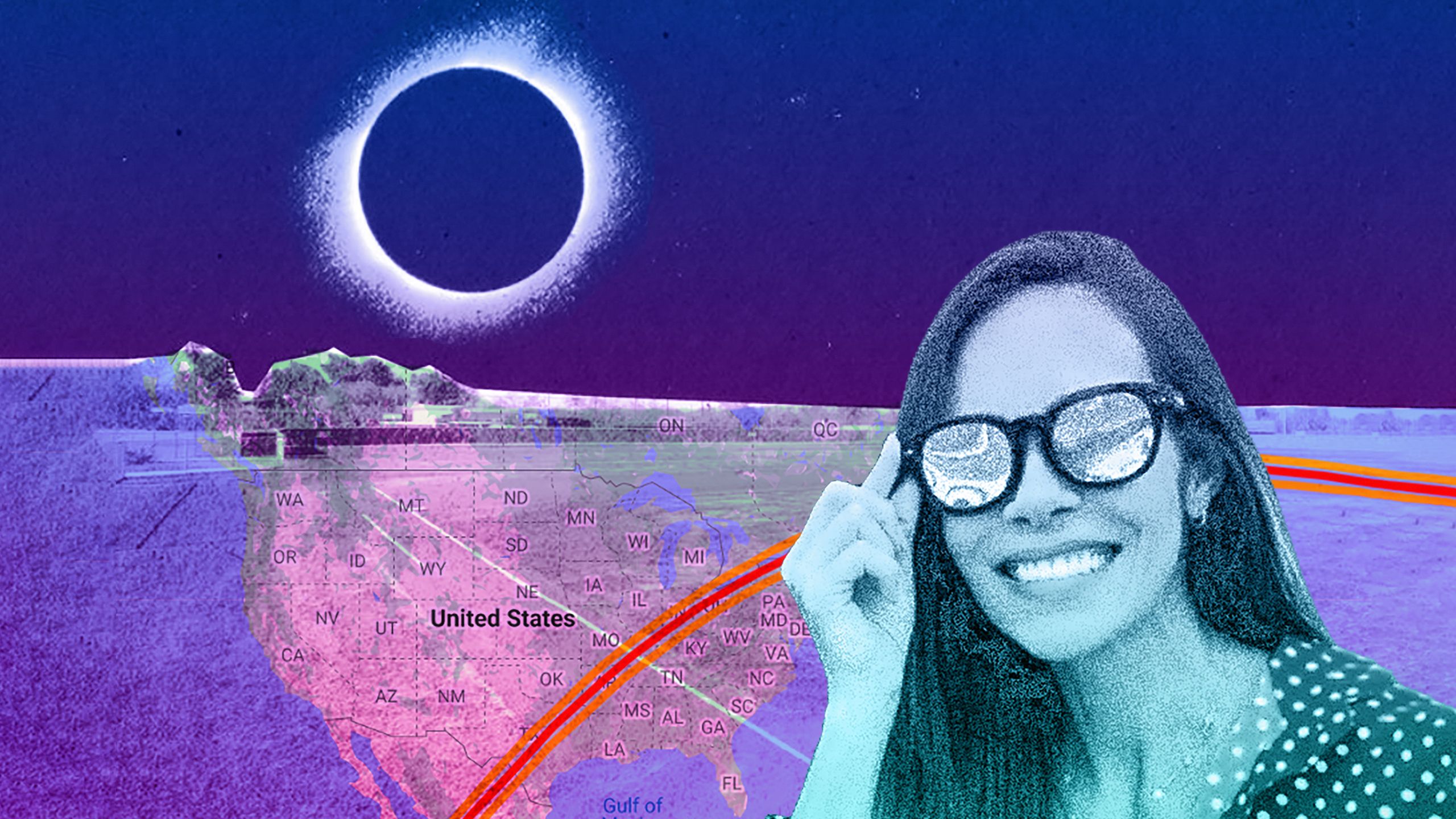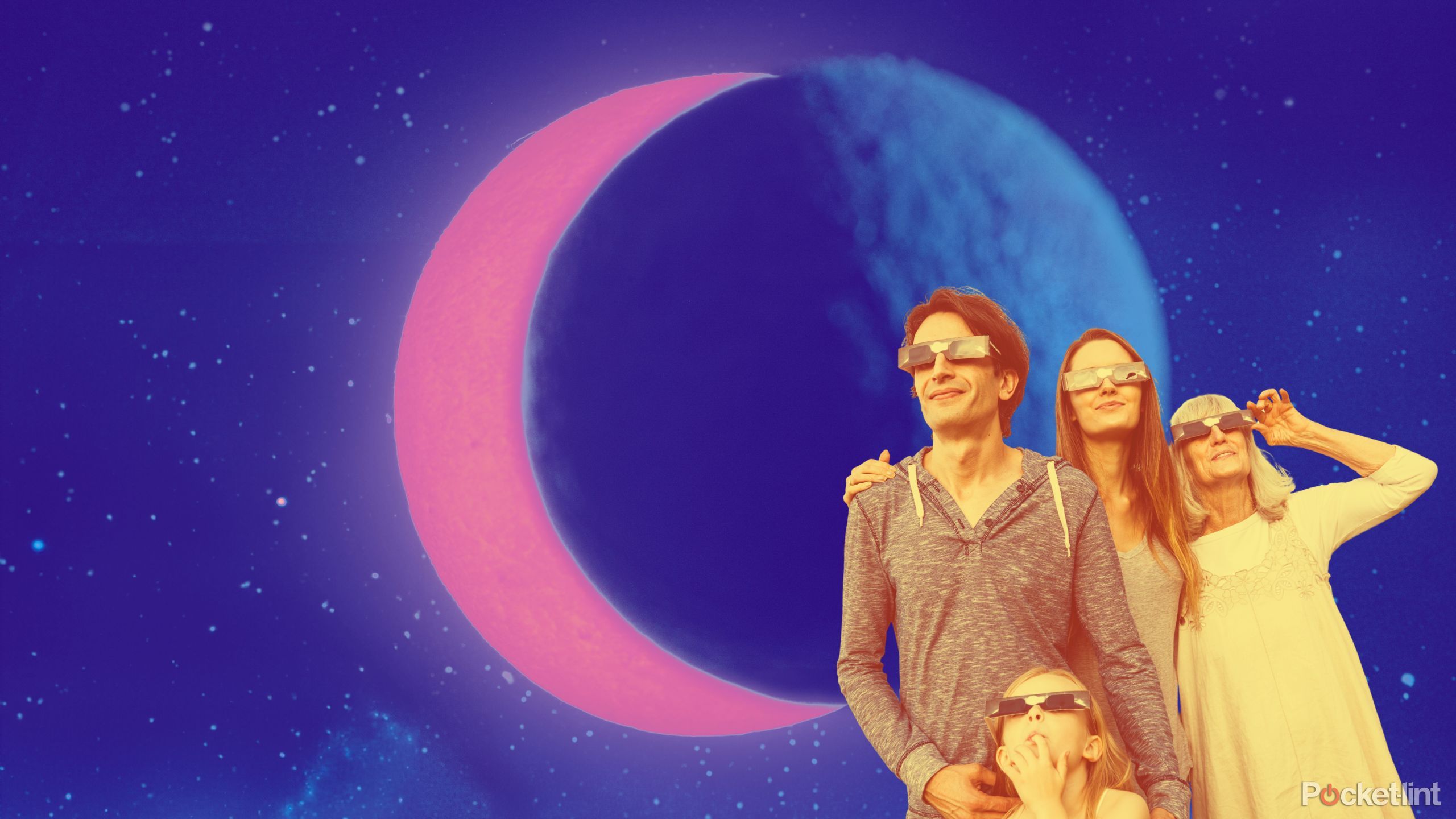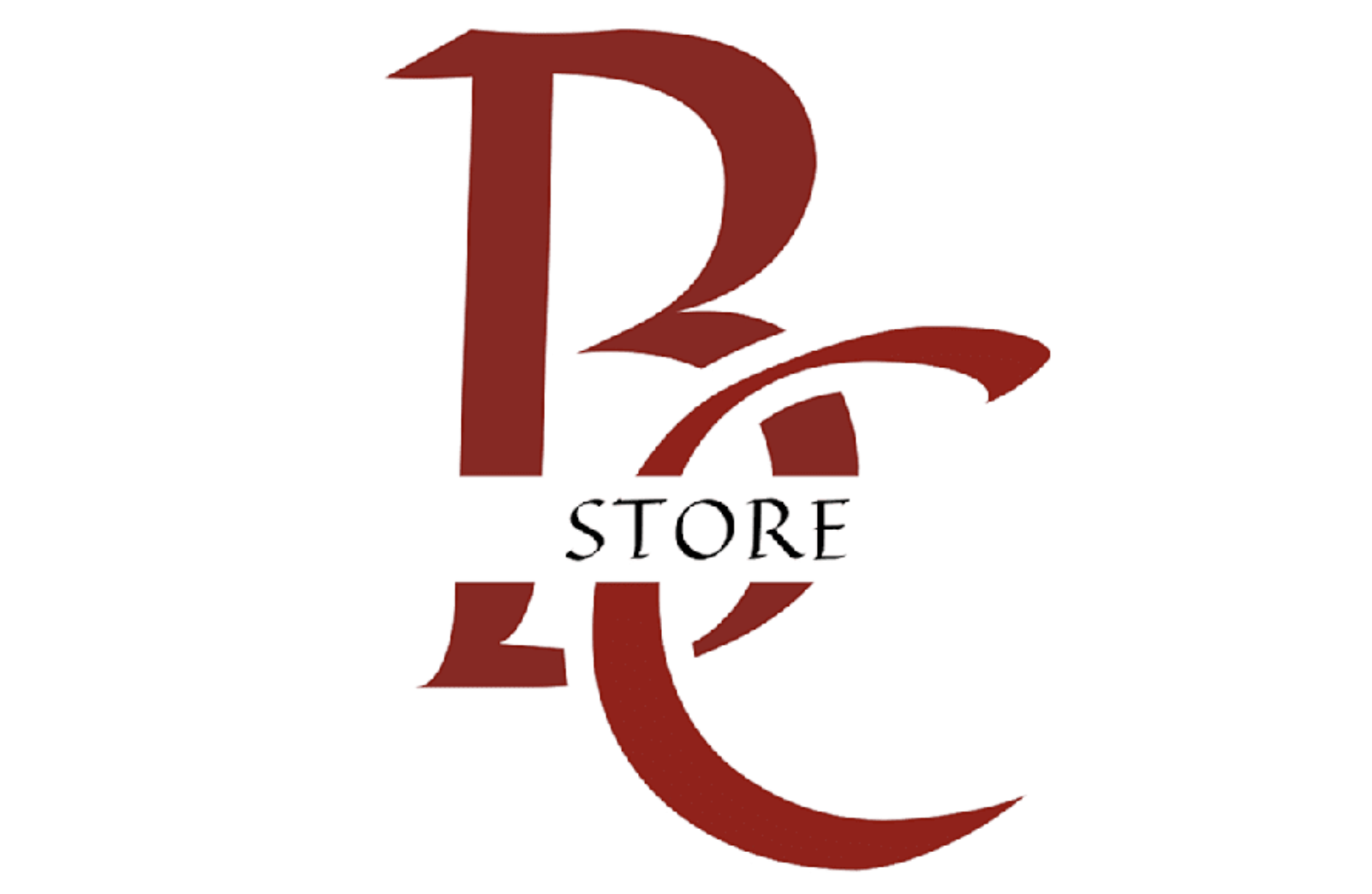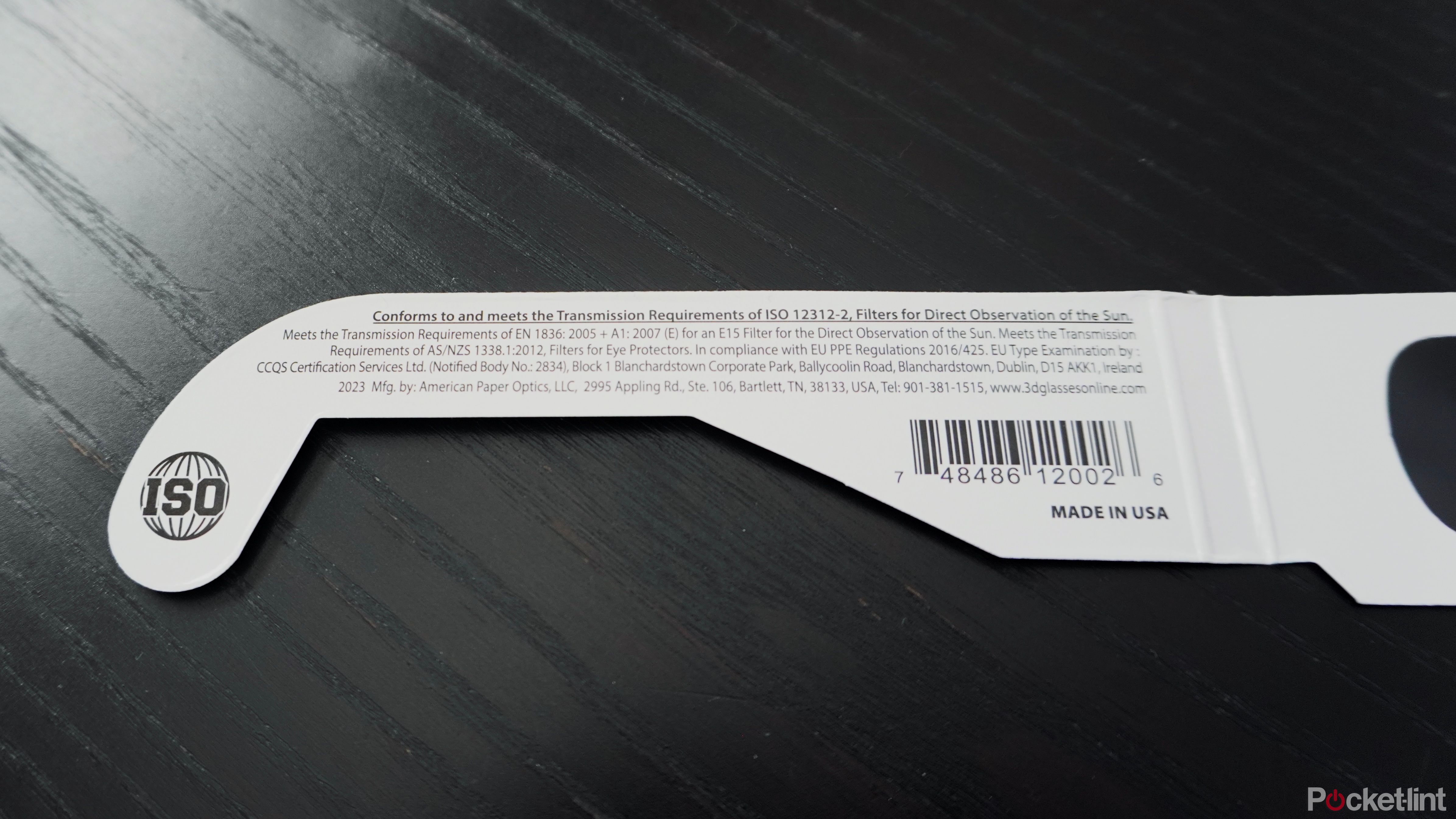Key Takeaways
- Thousands of libraries in the US offer free solar eclipse glasses upon request — no membership needed.
- Free glasses may lack fancy features, but can protect eyes during the eclipse with certified safety standards.
- Look for ISO certification on glasses and verify they only show bright light to ensure they are safe for viewing.
If you plan on enjoying April’s total solar eclipse, whether you’re already living in the path of totality, making the trip to be there, or planning on enjoying a partial eclipse somewhere else, you’re going to need protection. We’ve covered all the basics you need to know about the upcoming total solar eclipse, and built a guide for finding the best eclipse glasses you can purchase online, but building your own pinhole viewer isn’t the only way to watch the eclipse safely for free.
Thousands of libraries across the US are distributing solar eclipse glasses for free, and all you have to do is ask a friendly librarian to get one — no membership required.
Thousands of libraries across the US are distributing solar eclipse glasses for free, and all you have to do is ask a friendly librarian to get one — no membership required. A free pair might not be as fancy as some of the options available for purchase online, but with the total solar eclipse only days away, not having to deal with shipping is the best option anyway. But how good are free solar eclipse glasses, and how do you know if they’re safe? I grabbed a pair of my own to find out.
How to safely take photos of the solar eclipse
Aiming a camera at the sun can damage it. Here’s how to safely capture the celestial event and produce great results.
Library freebies
The solar eclipse glasses my local library stocked were shipped flat and have to be folded into shape to use. If you’ve ever worn red-blue 3D glasses — before 3D TVs and the Vision Pro, one of the simplest ways to watch 3D movies at home — you have a good idea how these solar eclipse glasses feel and work. The key difference is they have dark gray metallic lenses rather than translucent red and blue ones, and are completely opaque unless you’re looking directly at the sun.
My pair has branding from the US National Science Foundation and illustrated Sun and Moon on the outside and directions and safety certification information on the inside, but otherwise looks the same as the dozens of other solar eclipse glasses from their manufacturer American Paper Optics (who also, coincidentally, makes 3D glasses). More importantly, for my future eclipse viewing experience, though, they easily fit over my glasses.
The glasses aren’t the most comfortable option out there, and certainly not the most durable, but for the three to four minutes I’ll need to wear them, they should be more than good enough to do the trick. And I got them for free, so I really can’t complain all that much.

Solar eclipse 2024: Interactive map and gadgets for the ultimate view
Want to see the 2024 solar eclipse on April 8? Use this interactive map to see its path — plus the best glasses and gadgets to watch it safely.
How to know if your glasses are safe
The testing necessary to determine whether a free pair of solar eclipse glasses will actually protect your eyes from ultraviolet and infrared radiation isn’t possible at home, which means getting your glasses from a trusted source like the public library or museum is all the more important. For in-person and online purchases, the American Astronomical Society also maintains a list of trusted manufacturers, retailers, and resellers who’ve allowed them to verify that their solar eclipse glasses and viewers are safe.
What safety information to look for on the glasses
If you already have your glasses, because maybe, like me, you got them for free, there are visual indicators to look for, too. Safe solar eclipse glasses comply with ISO 12312-2 requirements, a standard developed by the International Organization for Standardization that governs safe eyewear for viewing the daytime sun.
Solar eclipse glasses or viewers that are safe to use will typically feature an “ISO” logo or language that indicates they meet the requirements of the standard like “Conforms to and meets the Transmission Requirements of ISO 1231-2 Filters for Direct Observation of the Sun,” which is printed on my free pair.
Now it’s easy to slap that logo and text on just about any old pair of glasses, so it shouldn’t be the only thing you check for. Another way to determine that the glasses you have aren’t actually safe to use is by looking at the lenses themselves.
“You shouldn’t be able to see anything through a safe solar filter except the Sun itself or something comparably bright,” the American Astronomical Society writes, “such as the Sun reflected in a mirror, a sunglint off shiny metal, the hot filament of an incandescent light bulb, a bright halogen light bulb, a bright-white LED bulb (including the flashlight on your smartphone), a bare compact fluorescent (CFL) bulb, or an arc-welding torch.”
Even if you can see those light sources, they should appear dim through the lenses of solar eclipse glasses, not bright. If you can see something like a regular shaded desk lamp or the glow of a TV screen, and you don’t know who supplied your glasses, they’re not safe to wear. Similarly, if your glasses are translucent or see-through under normal lighting conditions, they’re likely not safe to use either.

9 solar eclipse glasses with ISO-certification — don’t fall for fakes
Viewing the eclipse with counterfeit solar eclipse glasses could cause eye damage. Try these IOS-certified, AAS-approved eclipse glasses instead.
Where to get free or cheap solar eclipse glasses
The STAR Library Network, an organization whose Solar Eclipse Activities for Libraries (SEAL) program helps provide free solar eclipse glasses to your local library branch, has an interactive map you can check to see if your local library branch has free glasses. If you’re not near a library, or they’re out of stock, you can also get cheap glasses from some large retail chains like Wegmans, 7-Eleven, Lowes, Walmart, or Staples.
My local Lowe’s had cheap — under $5 — solar eclipse glasses available for pickup today, and it was easy to check online at other nearby retail chains to see if they had options to buy, too. You’ll still want to make sure that the glasses you buy are safe to use, but it’s a good alternative if online shipping looks like it will take too long and your library isn’t offering free glasses. There should always be a safe way to view a total solar eclipse, you just need to look at what’s going to be easiest for where you live first.
Trending Products

Cooler Master MasterBox Q300L Micro-ATX Tower with Magnetic Design Dust Filter, Transparent Acrylic Side Panel…

ASUS TUF Gaming GT301 ZAKU II Edition ATX mid-Tower Compact case with Tempered Glass Side Panel, Honeycomb Front Panel…

ASUS TUF Gaming GT501 Mid-Tower Computer Case for up to EATX Motherboards with USB 3.0 Front Panel Cases GT501/GRY/WITH…

be quiet! Pure Base 500DX Black, Mid Tower ATX case, ARGB, 3 pre-installed Pure Wings 2, BGW37, tempered glass window

ASUS ROG Strix Helios GX601 White Edition RGB Mid-Tower Computer Case for ATX/EATX Motherboards with tempered glass…










